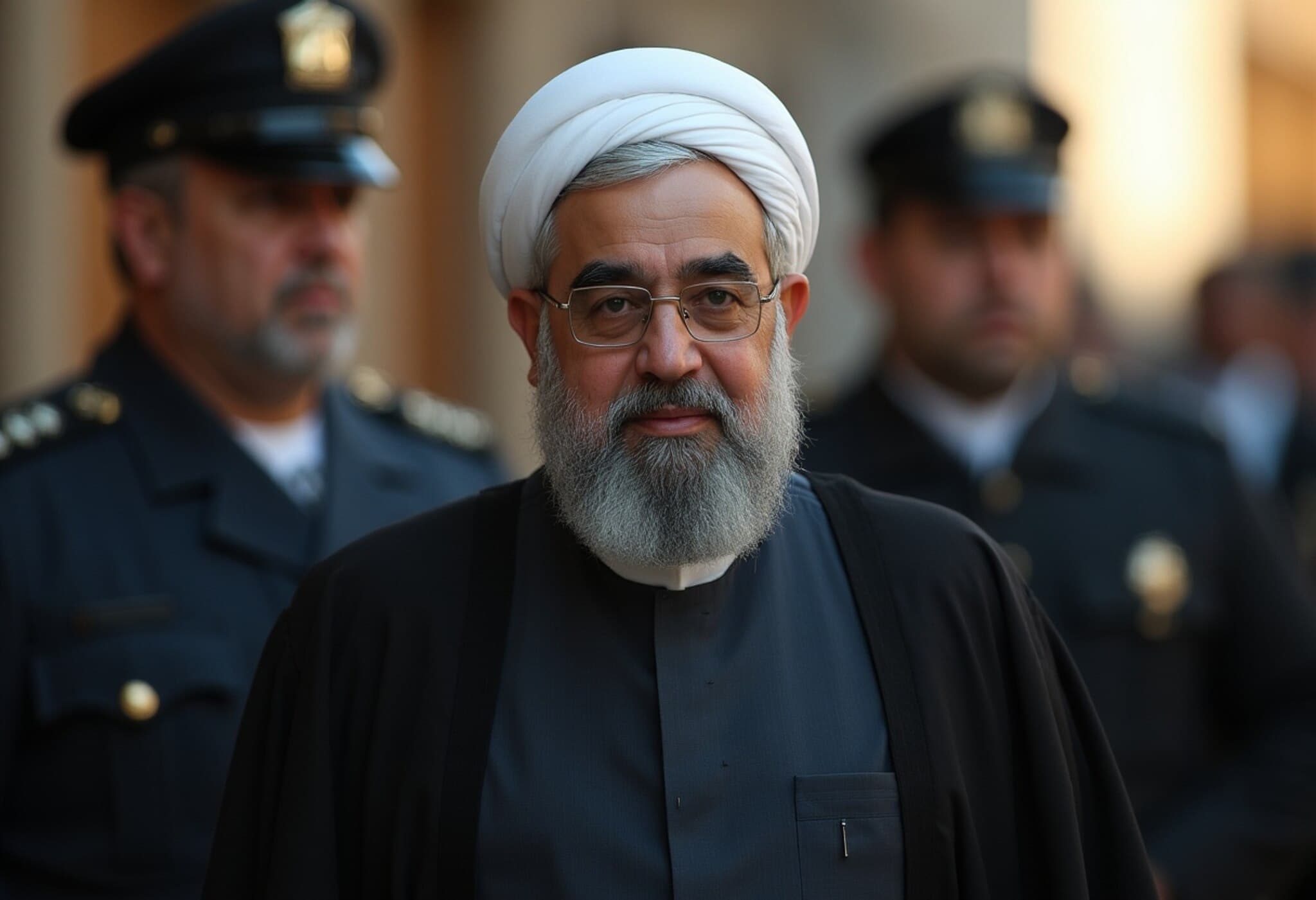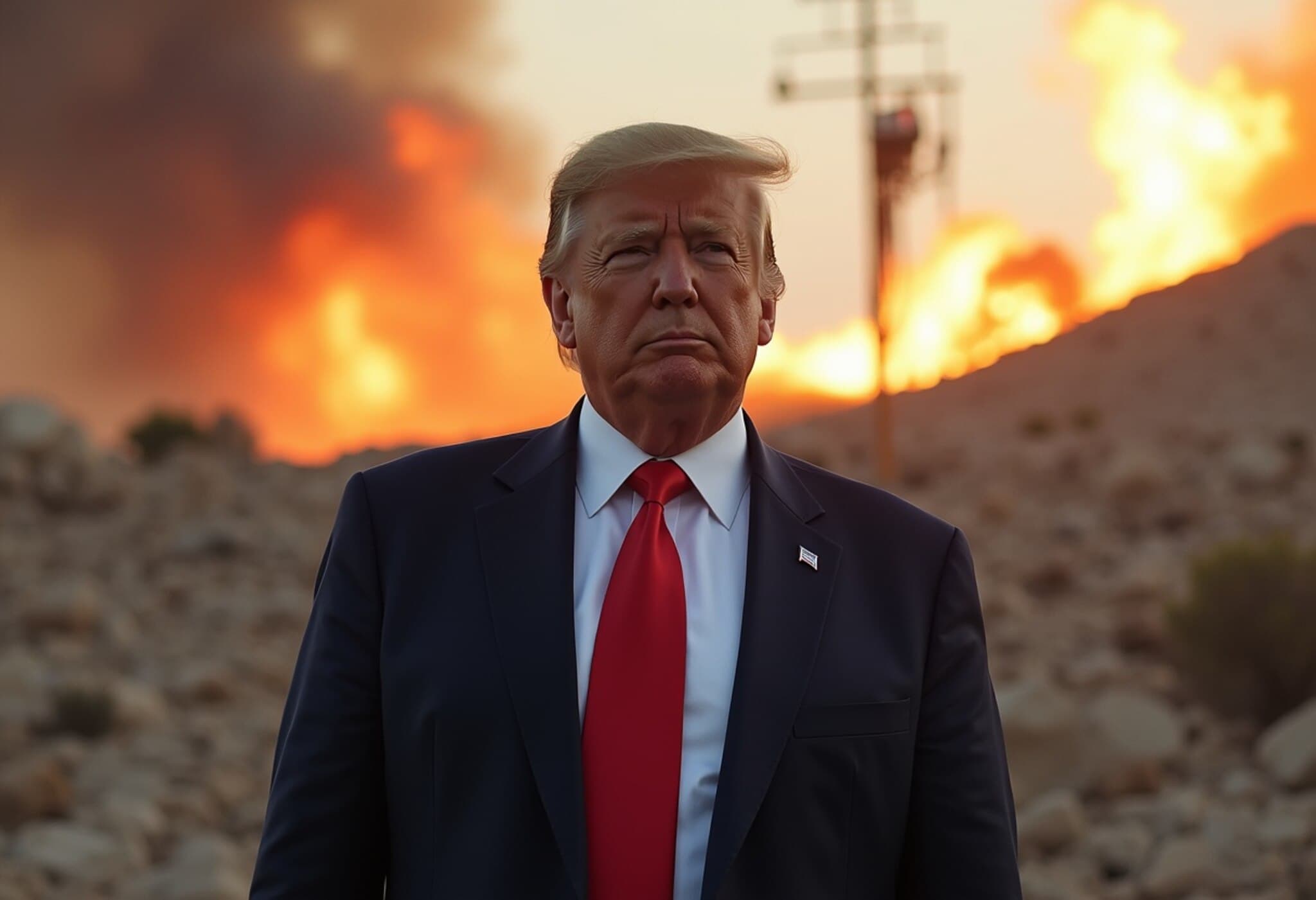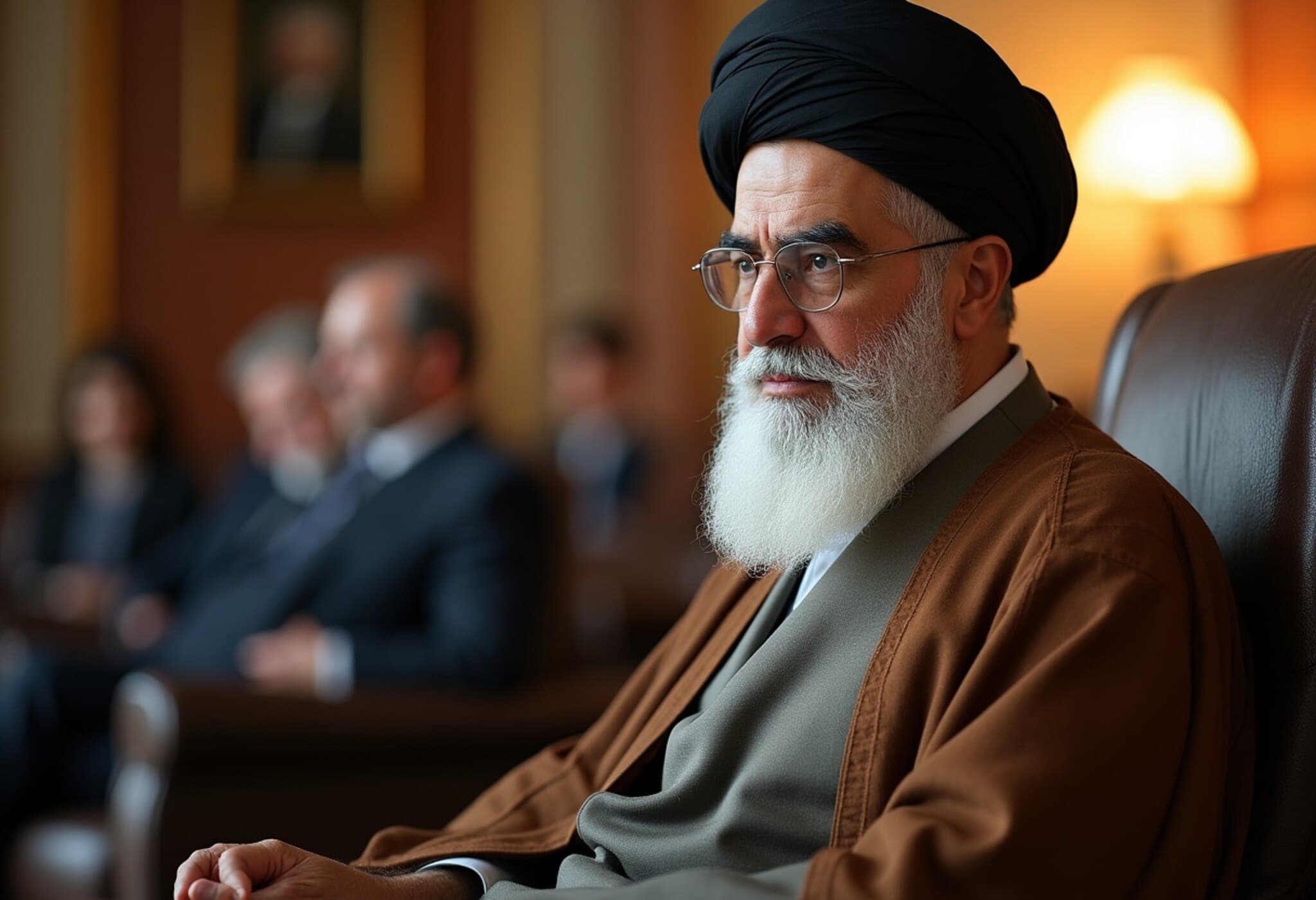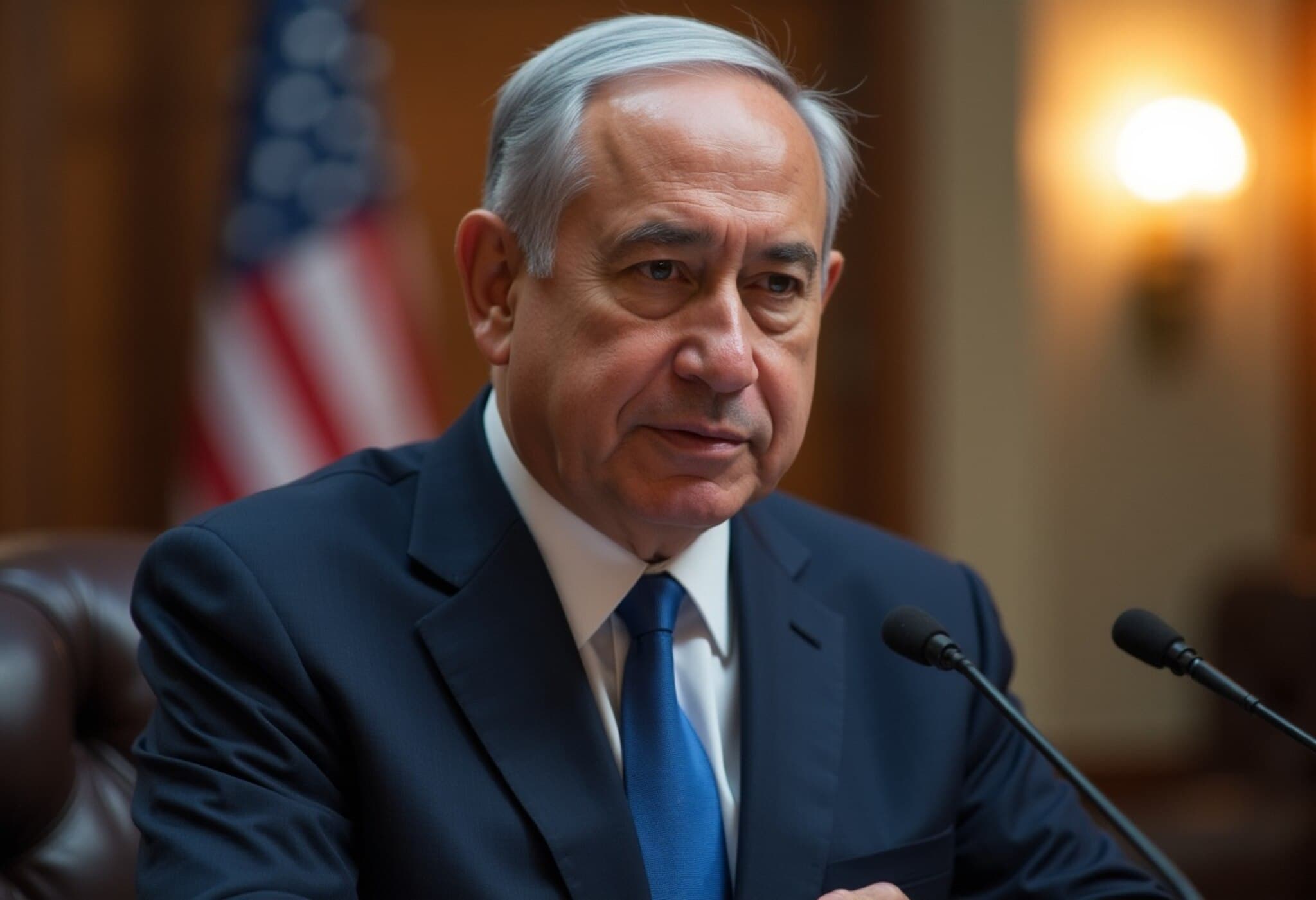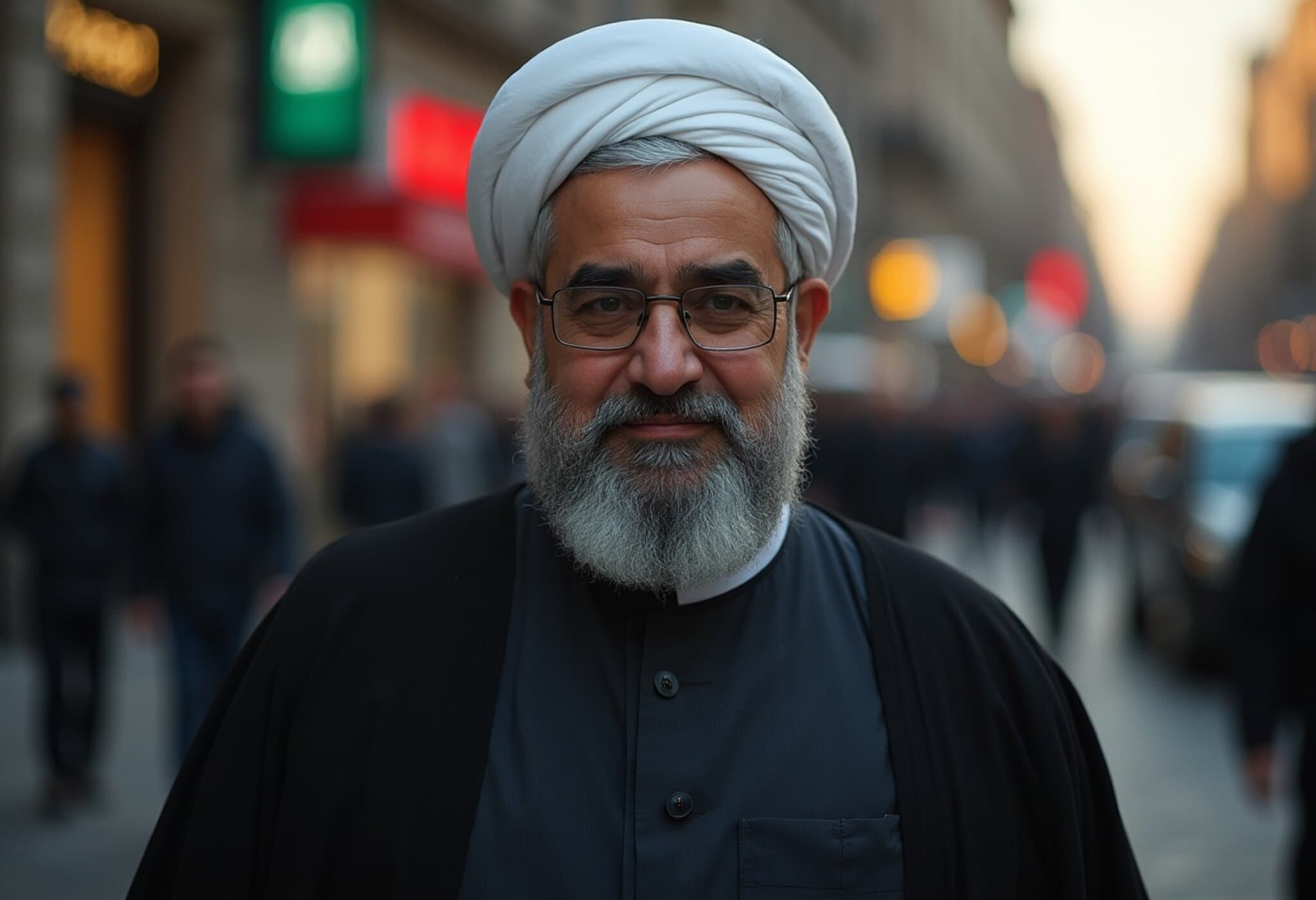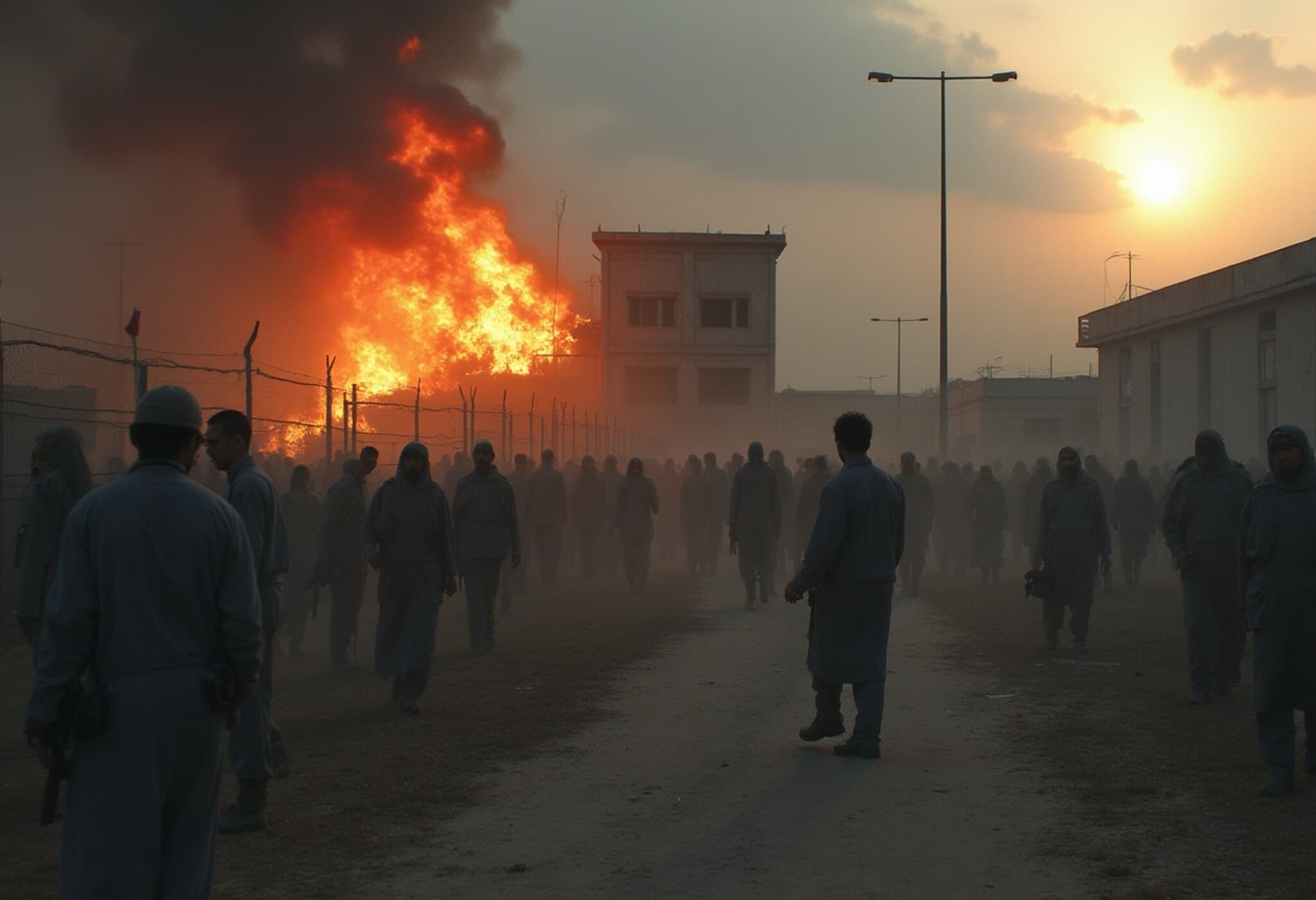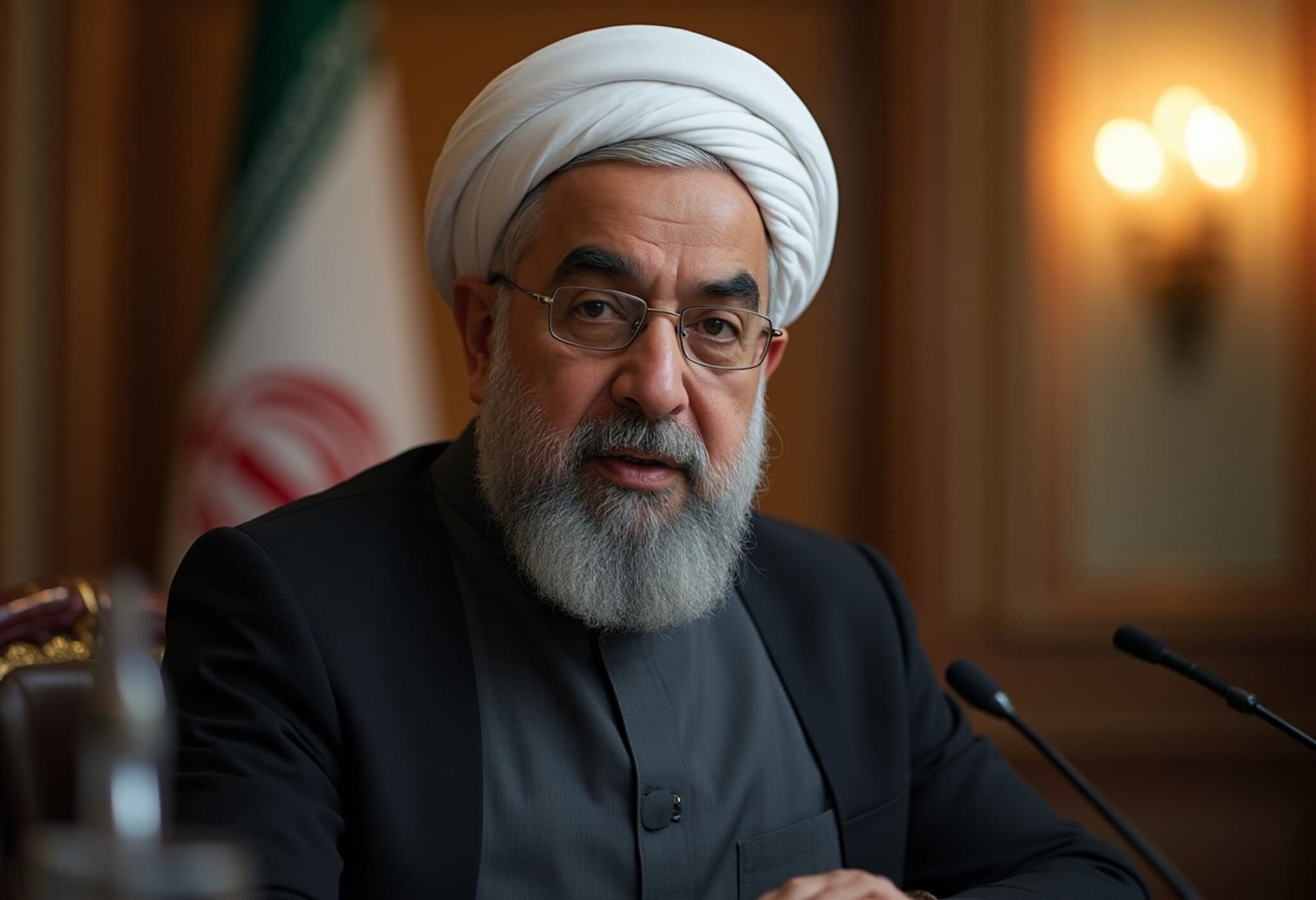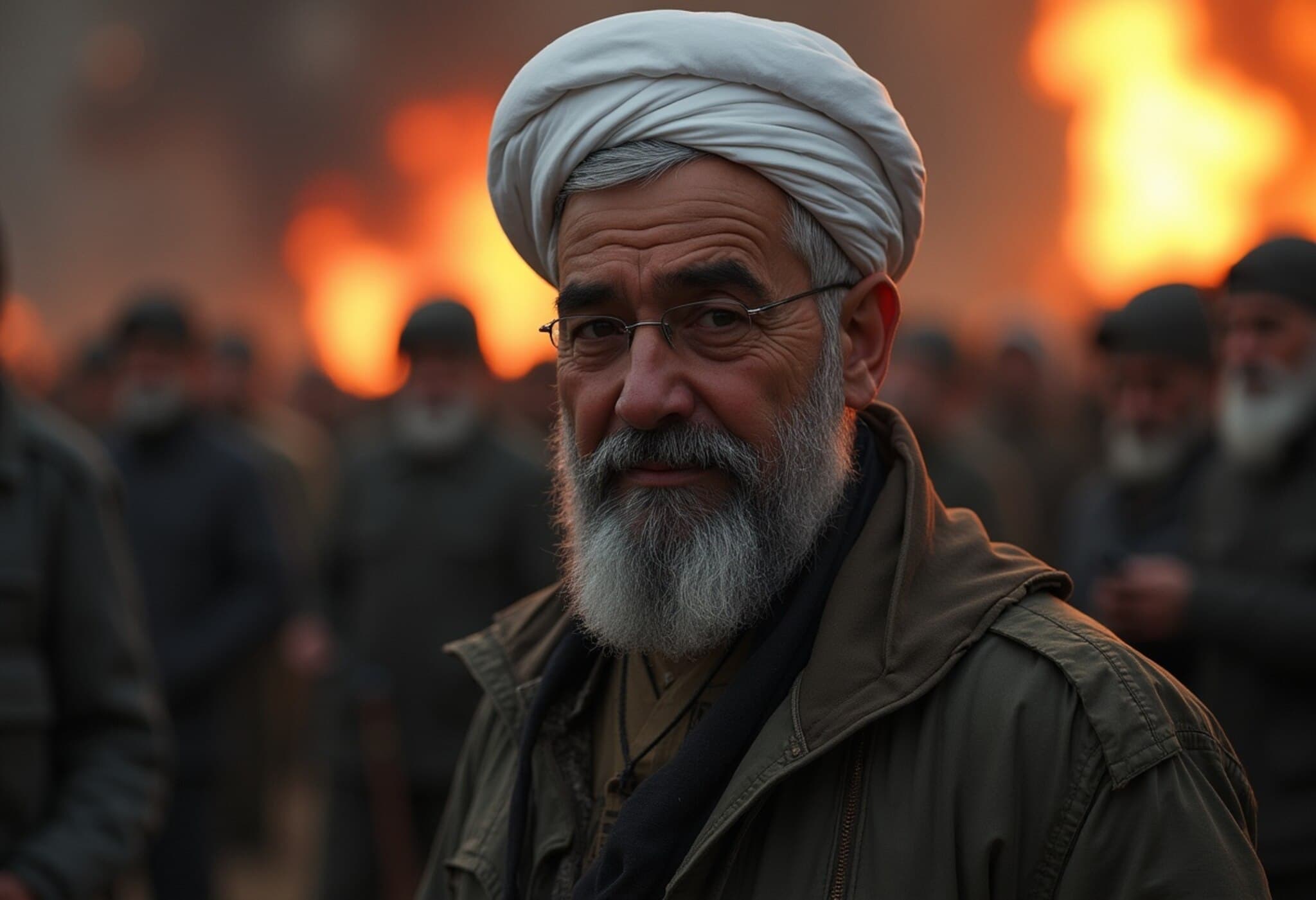Iran Intensifies Crackdown on Alleged Israeli Spying in Tehran
In a sweeping legal initiative, Iran’s judiciary has launched 50 cases in Tehran targeting individuals suspected of collaborating with Israel — a key player in the region’s complex geopolitical landscape. Judiciary spokesman Asghar Jahangir announced this crackdown on July 12, 2025, emphasizing swift action and zero tolerance for any acts perceived as espionage during recent escalations.
Judiciary Signals Accelerated Prosecutions
Speaking at a press conference, Jahangir underscored the close coordination between Iranian law enforcement and judicial organs that facilitated the rapid formation of these cases in under two weeks. The accused face various charges including "rumor-mongering" and inciting "public anxiety," reflecting Tehran’s heightened alert against internal dissent amid external conflict pressures.
"We will show no leniency," Jahangir declared, signaling a firm stance against alleged collaborators. "We will not allow these cases to be dragged out." This pledge reveals Tehran’s urgency to consolidate internal security by swiftly countering suspected espionage and disruption efforts.
Details on Arrests and Online Activity Under Investigation
- 32 online accounts were scrutinized; most complied with warnings to alter content, thus avoiding formal charges.
- Ten individuals are formally charged, with some detained and others on bail.
- Several arrests have been made on espionage allegations, though judicial rulings remain pending.
- Jahangir refrained from specifying the exact number charged explicitly for spying for Israel, citing ongoing investigations.
He noted the importance of extracting critical information from suspects before sentencing, suggesting that these cases may unveil broader networks. "Every one of these traitors holds valuable information that must be extracted thoroughly before any sentencing," he said, highlighting the judiciary’s methodical approach.
Repercussions of the Evin Prison Airstrike
The press conference also touched upon the fallout from a recent Israeli airstrike on Tehran’s notorious Evin prison. Jahangir confirmed the deaths of five inmates convicted on financial charges, along with injuries to others. Despite reports about detainees missing or unreachable by family, officials claim all prisoners were relocated quickly to other facilities.
"A few inmates exploited the chaos to escape," Jahangir admitted, but downplayed their numbers and promised swift recapture efforts. This incident further exacerbates Tehran’s security concerns amid ongoing regional hostilities.
Contextual Analysis and American Perspectives
This recent crackdown illustrates the intensified shadow war characterizing Iran-Israel relations, where espionage accusations often serve broader strategic and domestic narratives. From an American policy standpoint, these developments reinforce the persistent volatility in Middle Eastern geopolitics and underscore the challenges U.S. intelligence and diplomatic efforts face in the region.
Given the technological sophistication involved in cyber and information warfare, investigations into online accounts hint at a new frontier of clandestine operations. The United States, balancing sanction regimes and diplomatic negotiations, must remain vigilant to how internal Iranian security maneuvers may impact broader regional stability and U.S. interests.
Underreported Questions and Broader Implications
- What safeguards exist to ensure due process in such politically charged espionage trials?
- How might these prosecutions affect Iran’s internal political dynamics, especially among reformist factions advocating openness?
- To what extent do such crackdowns influence or escalate proxy conflicts involving Israel, Iran, and U.S.-aligned forces across the Middle East?
These questions remain critical for analysts and policymakers aiming to untangle the complex web of alliances and enmities driving conflict in this volatile region.
Editor’s Note
The Iranian judiciary’s recent action against alleged Israeli spies highlights a broader narrative of mistrust and security paranoia that defines Tehran’s response to perceived threats. While rapid prosecutions and expanded surveillance might strengthen state control, they also risk deepening internal fractures and international tensions. Observers should watch closely not just the outcomes of these cases but also their ripple effects on regional diplomacy, civil liberties inside Iran, and the evolving nature of espionage in the digital age.

